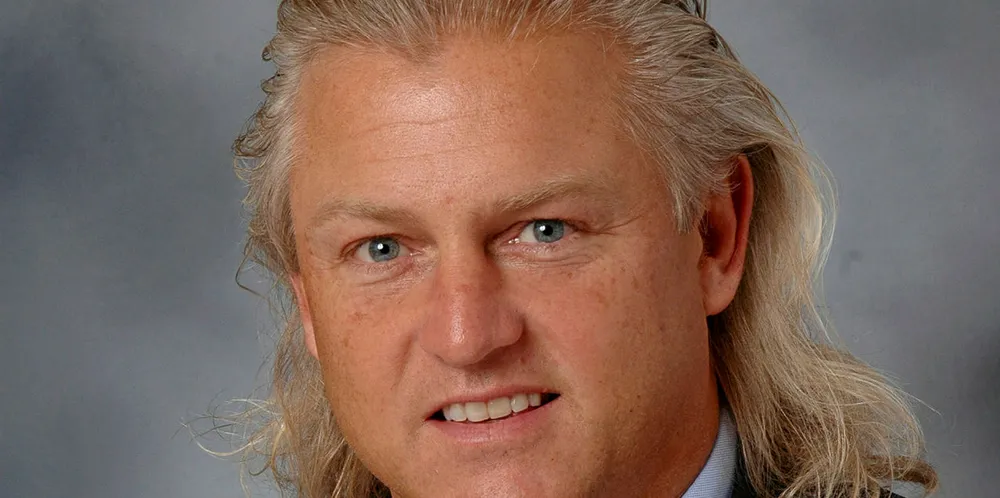Former Bumble Bee CEO Christopher Lischewski sentenced to over three years in prison
Lischewski was found guilty as the mastermind behind a massive price-fixing scheme involving Bumble Bee, Starkist and Chicken of the Sea.

Lischewski was found guilty as the mastermind behind a massive price-fixing scheme involving Bumble Bee, Starkist and Chicken of the Sea.
